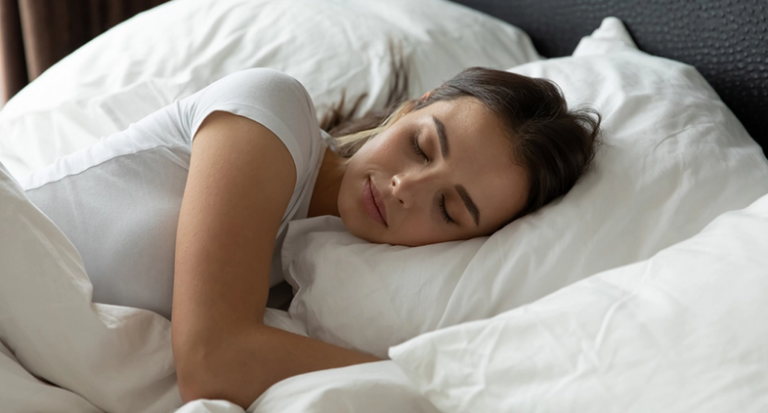Turning off the lights and closing the curtains isn’t exactly a catchy, new sleep hygiene hack, but this common sense advice is gaining even more scientific credibility.
Many Americans sleep in a room that’s punctuated with some form of artificial light — whether it’s coming from a TV, a jumble of electronics or an intrusive streetlight.
New research suggests that one night of sleep with just a moderate amount of light may have adverse effects on cardiovascular and metabolic health.
Greek Finance Minister: “Greece has repaid all debts to the IMF”
“I was surprised that even this fairly, I would say, small amount of light just getting through the eyes to the brain still had such notable effect,” says Dr. Phyllis Zee, senior author of the new study and director of the Center for Circadian and Sleep Medicine at Northwestern University.
The findings tie into a broader body of evidence that indicates being exposed to light at night may be harmful in a variety of ways and could predispose people to chronic diseases.
Read more: NPR
Ask me anything
Explore related questions





